Description
The bioeconomy has the potential to drive cross-sectoral growth and development in developing countries. Globally, many nations, particularly in the Global North, have implemented strategies specifically designed to promote sustainable bioeconomy growth. For example, the EU 2020 Strategy aims to create an innovation-driven and resource-efficient economy through the development of a bio-based economy.
In contrast, Sub-Saharan African (SSA) countries face significant challenges, including widespread poverty, climate change, weak governance and regulatory frameworks, inadequate knowledge and local expertise, and rapid population growth. These obstacles demand a transformative approach to addressing the region’s complex developmental issues.
As part of the BiSEA initiative, the report Bioeconomy Related Policies and Institutions in Eastern Africa reviews existing policies and strategies related to bioeconomy development in the region. It examines successes, failures, and the reasons behind them. The report aims to position bioeconomy approaches and strategies at the forefront of sustainable development in East Africa.
Findings reveal that while numerous policies supporting bioeconomy development exist, the region lacks a dedicated and comprehensive bioeconomy policy or strategy.

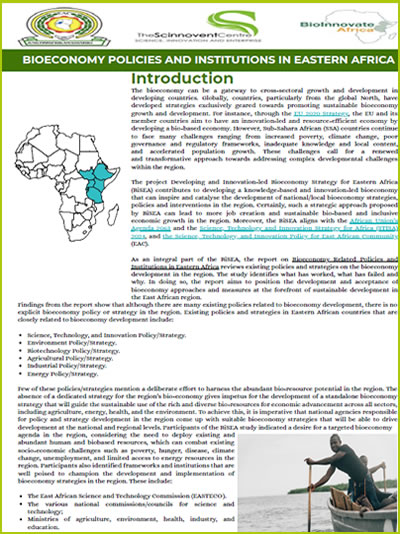
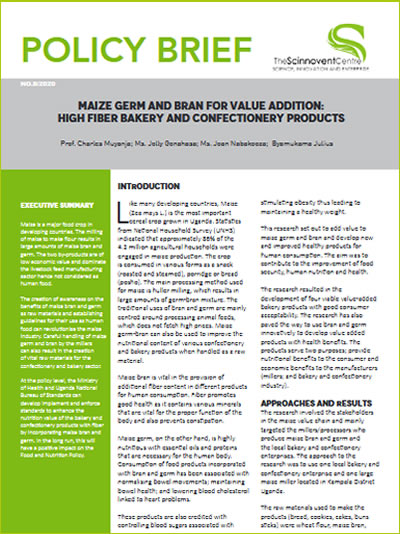
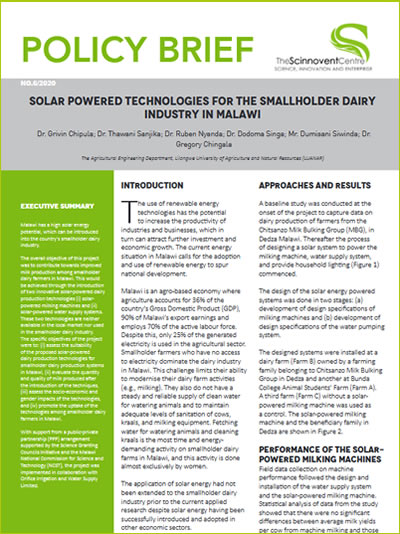
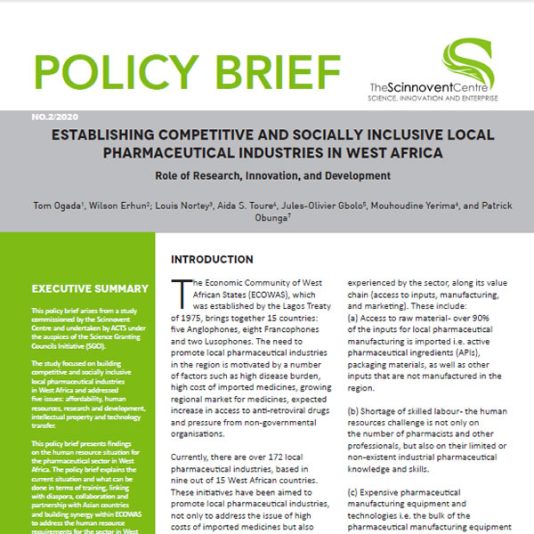
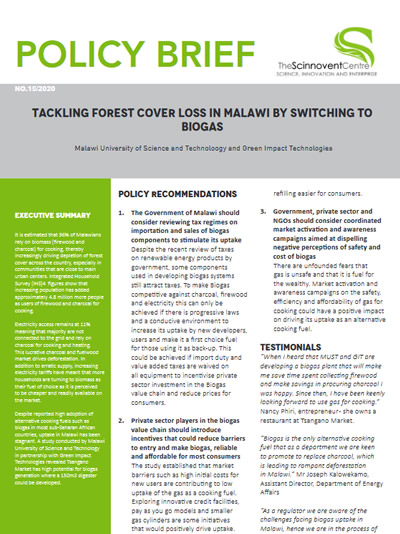
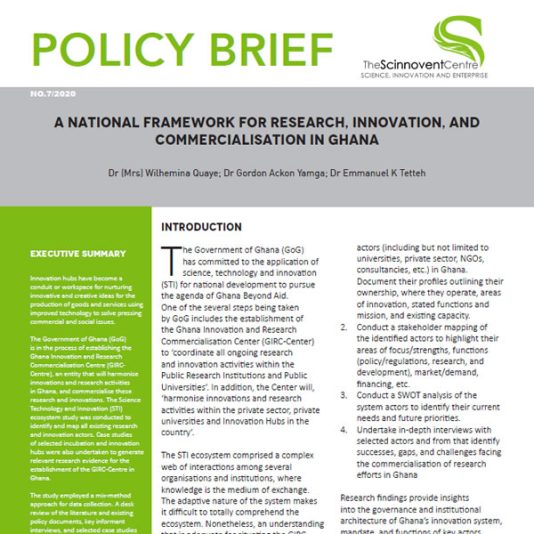
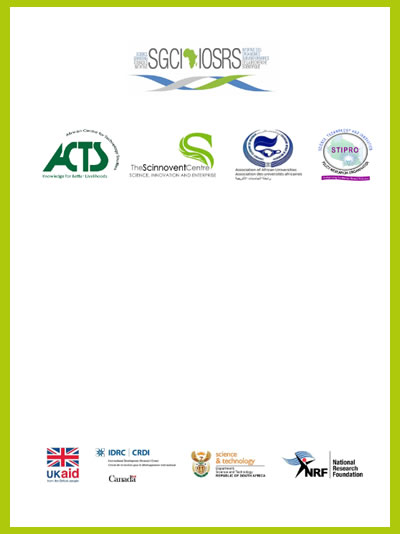
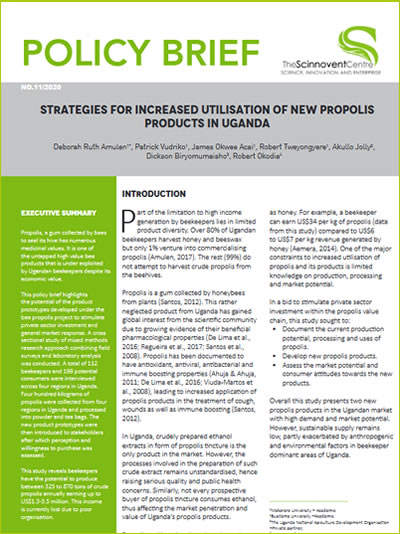
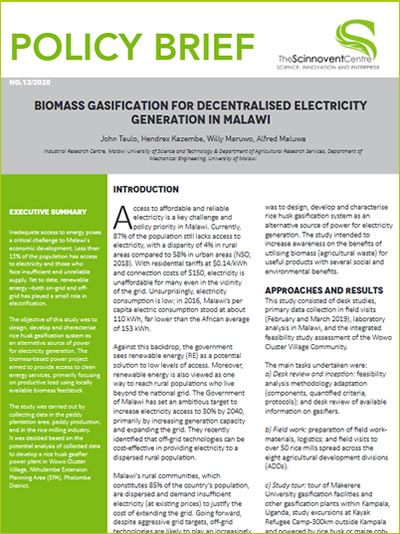
Reviews
There are no reviews yet.